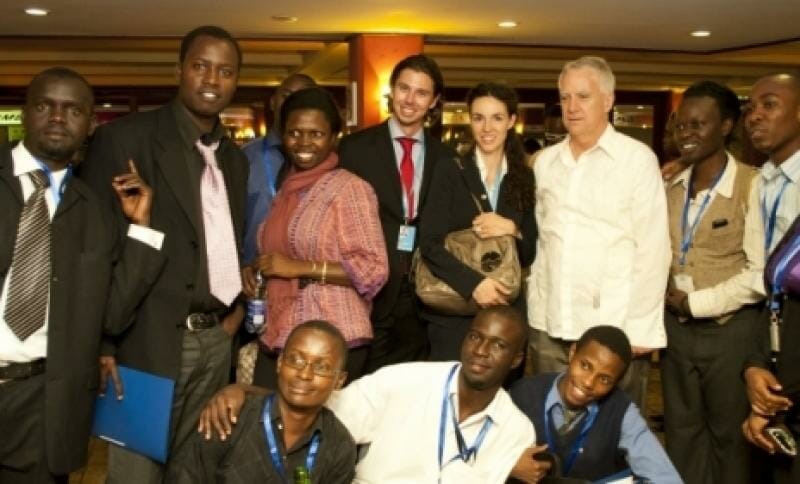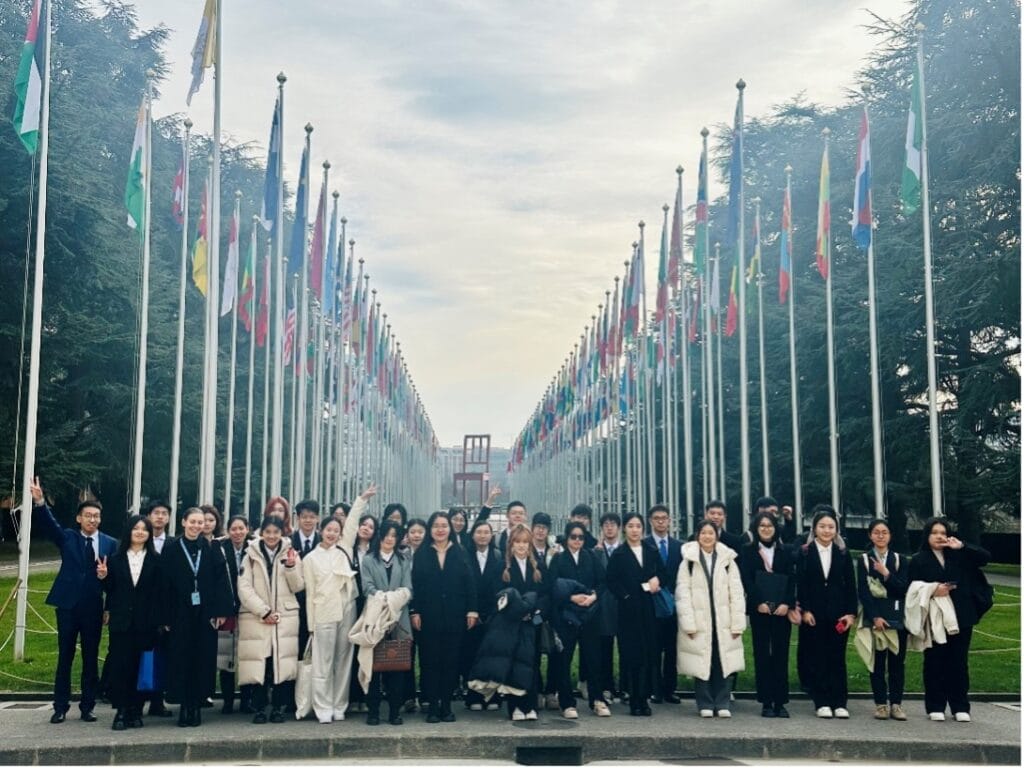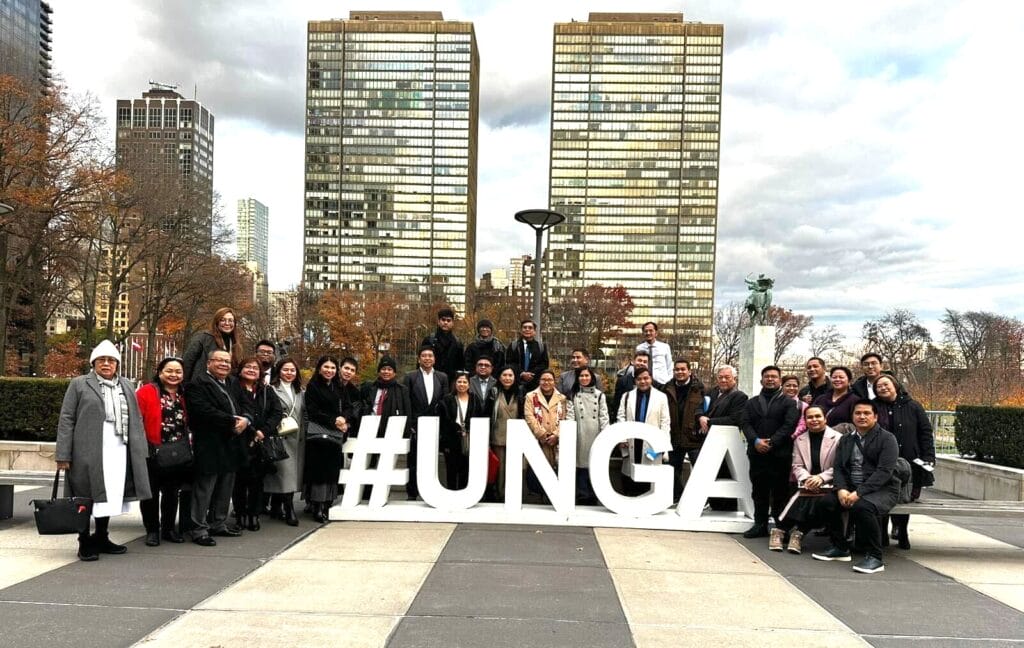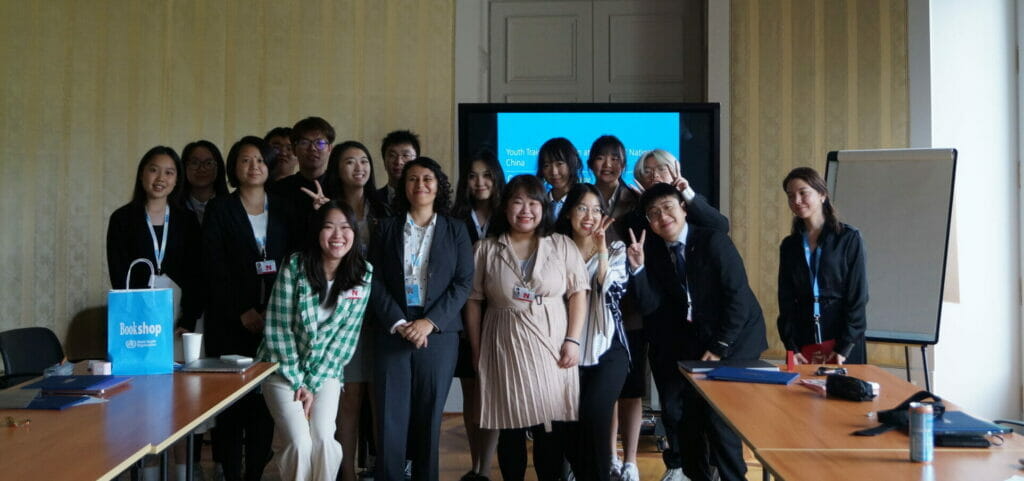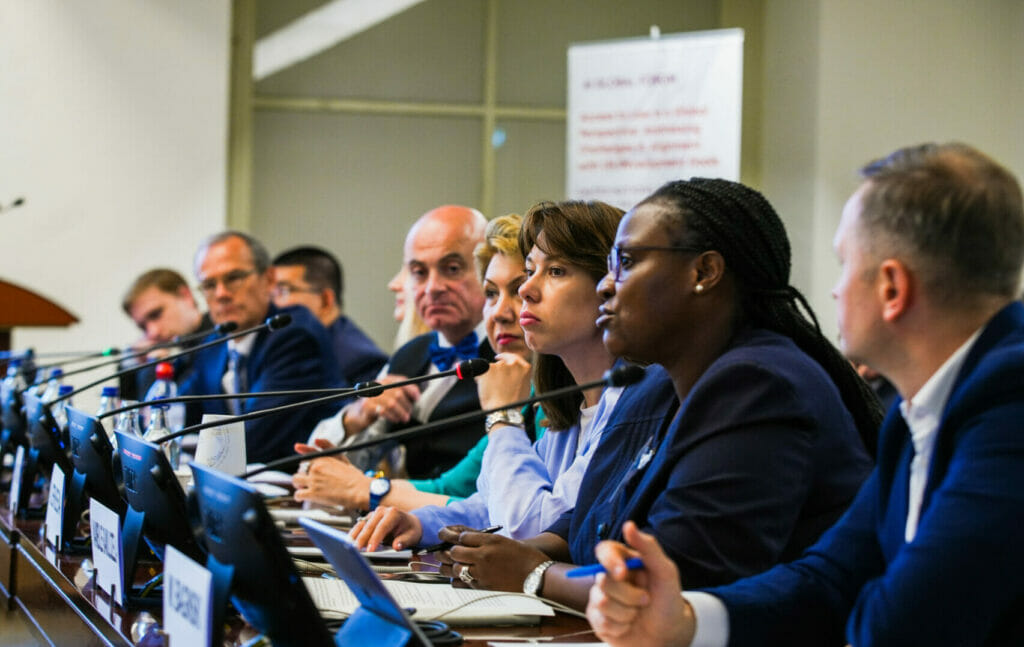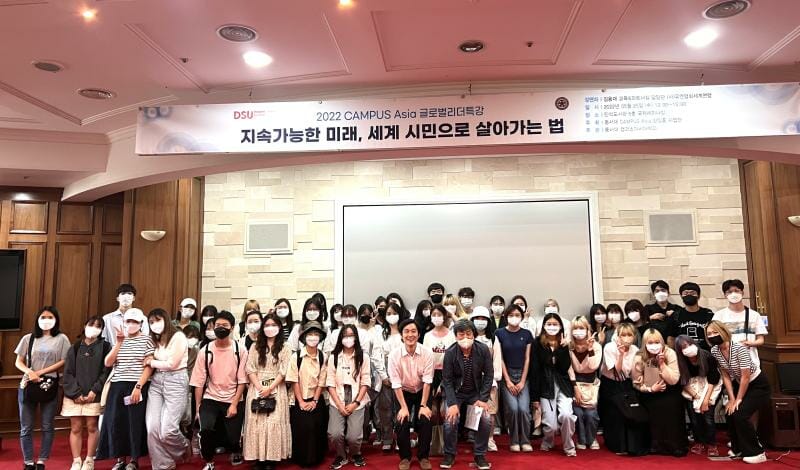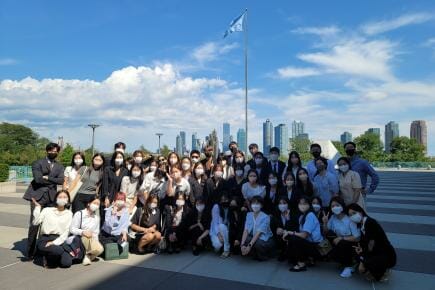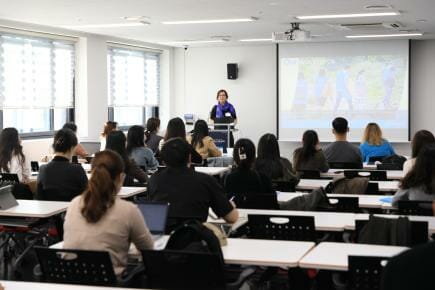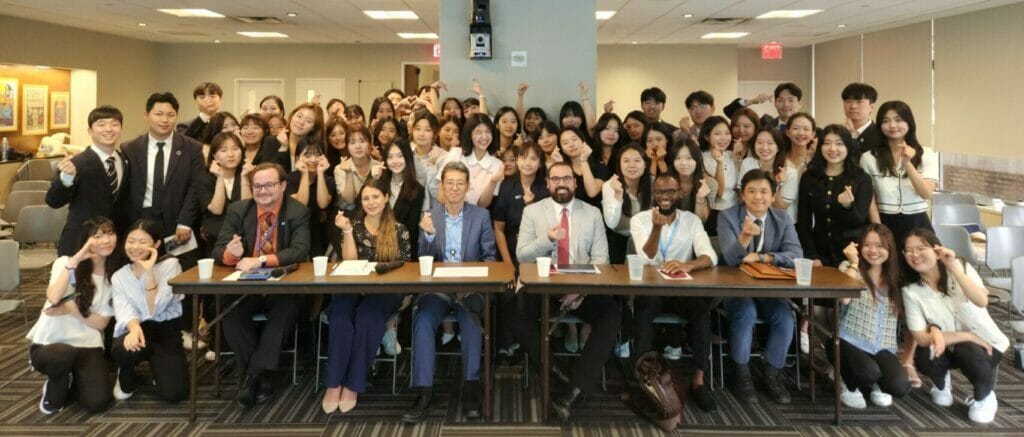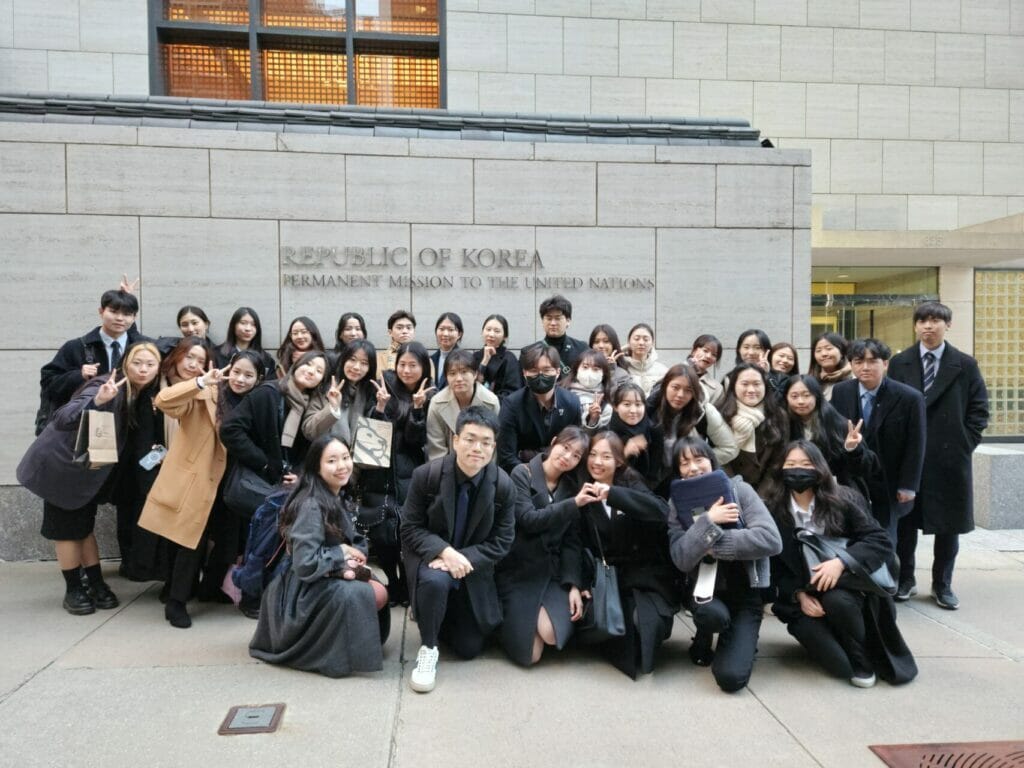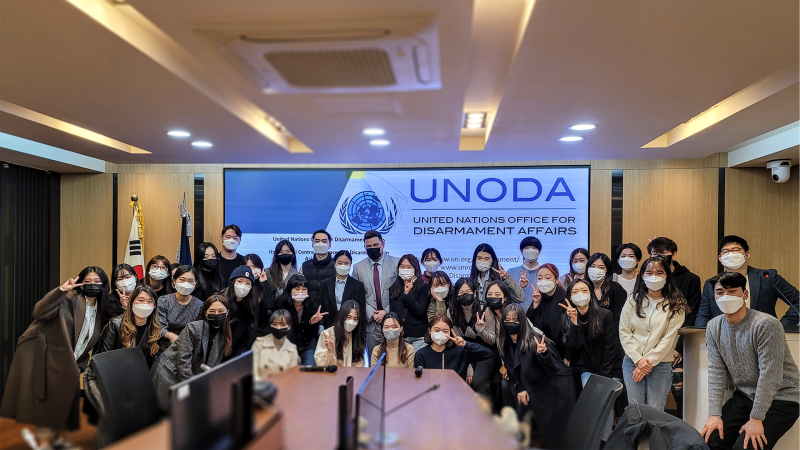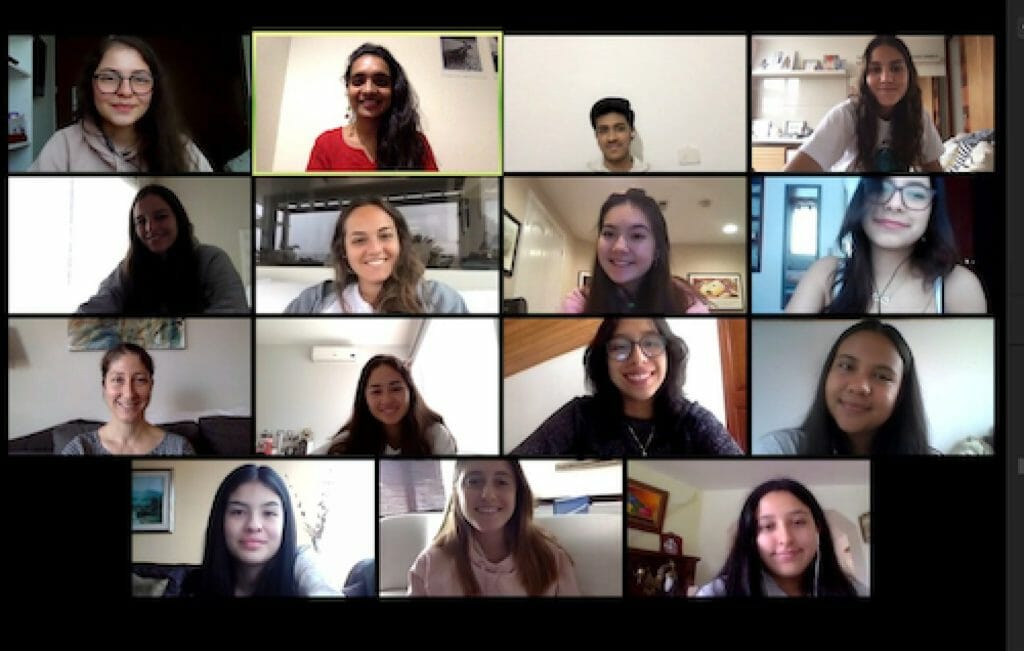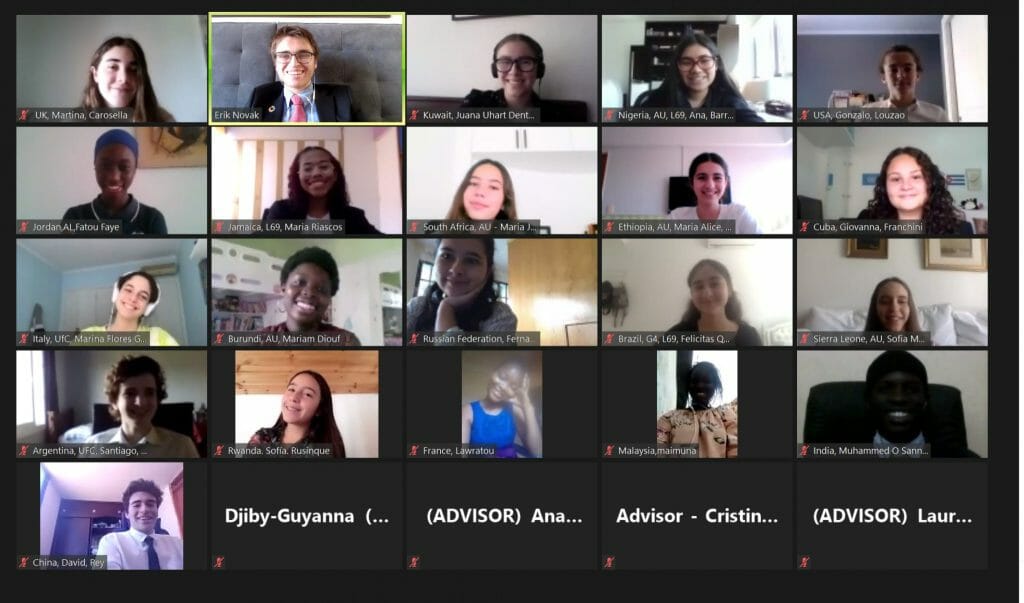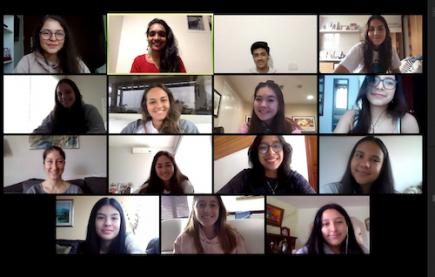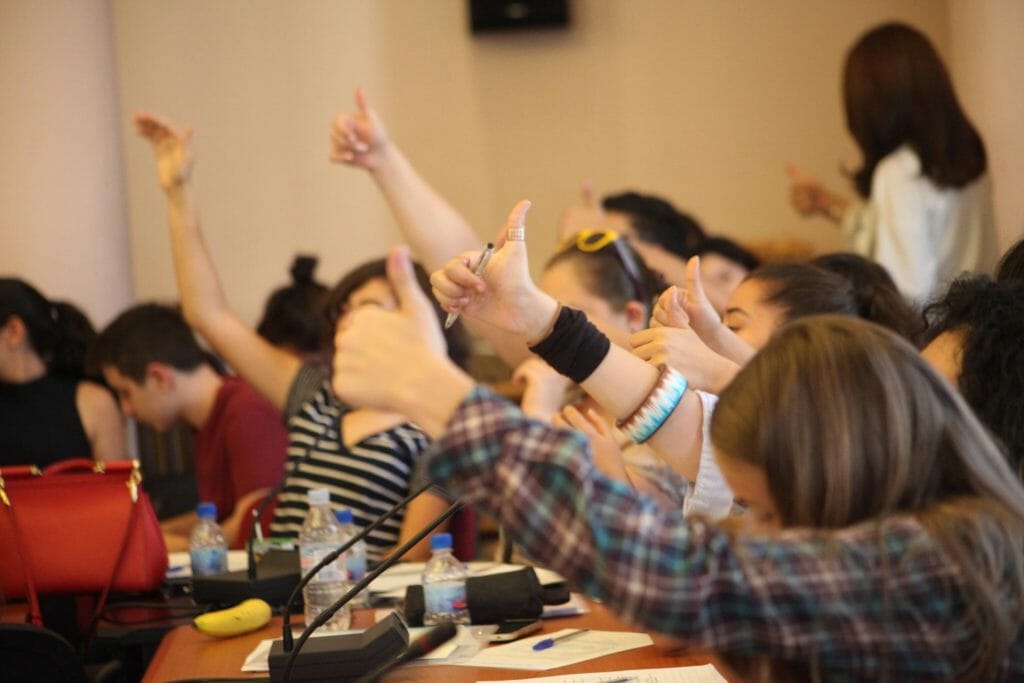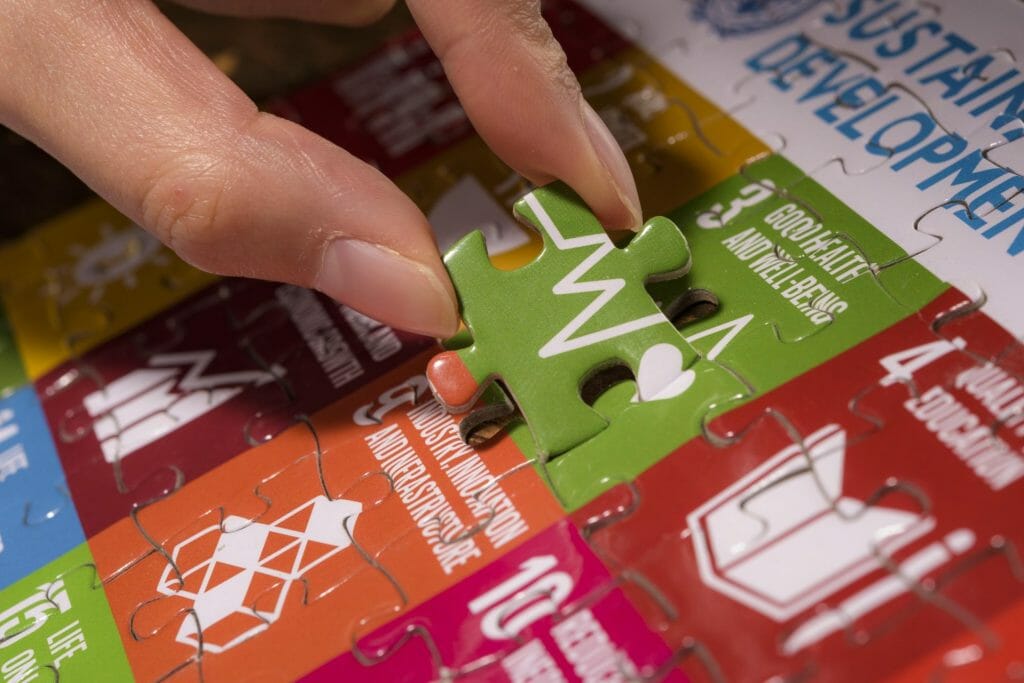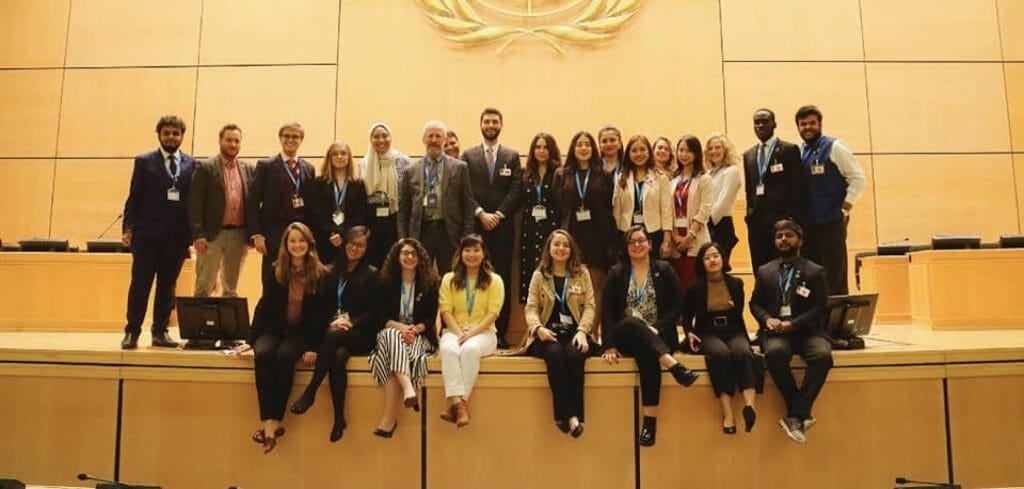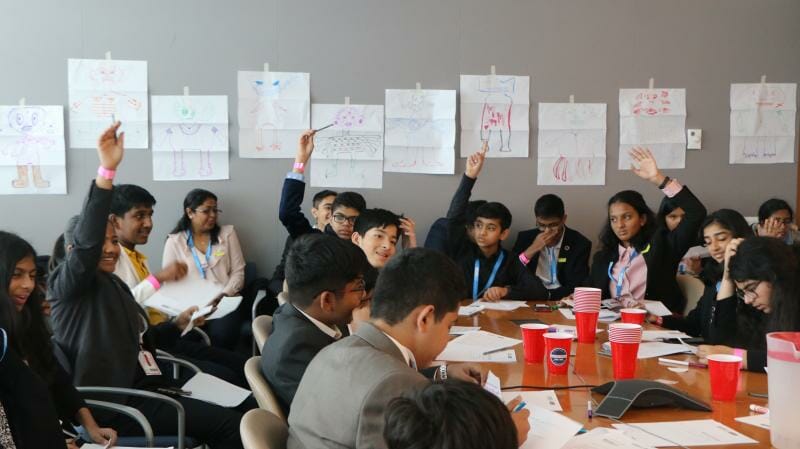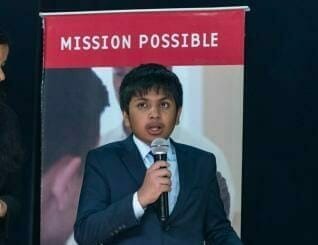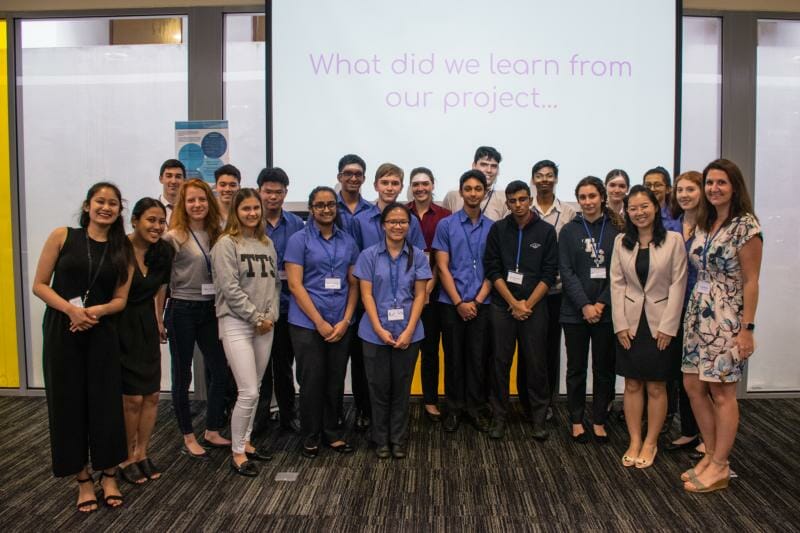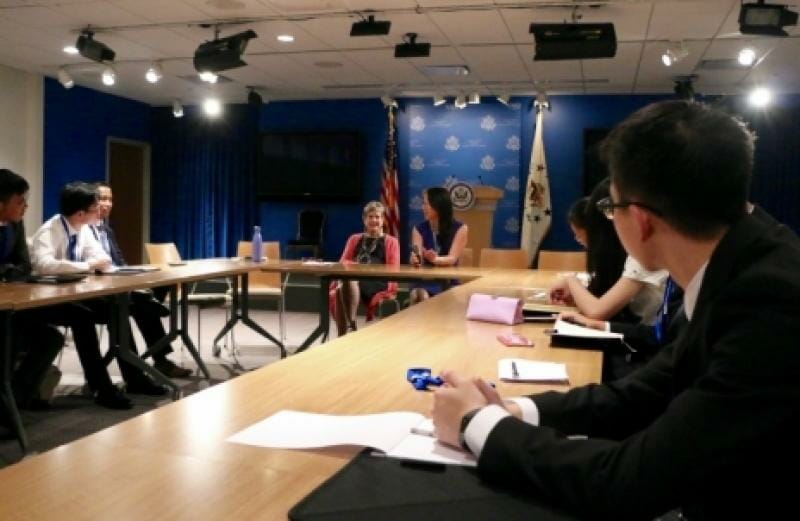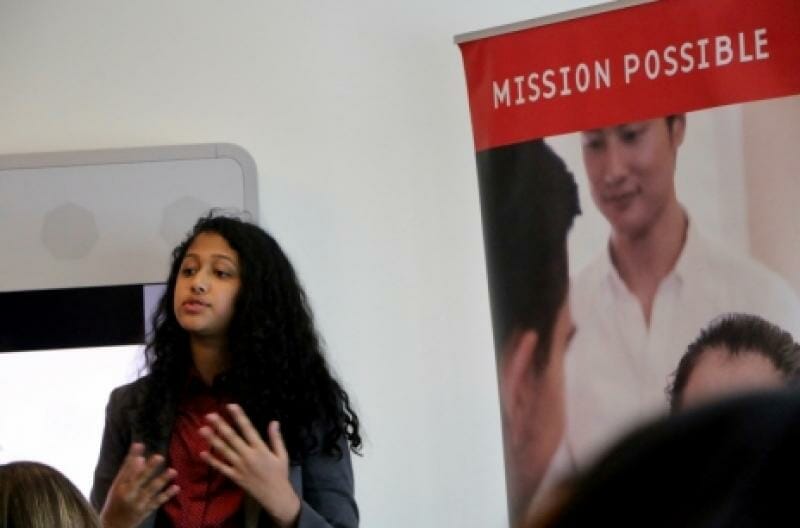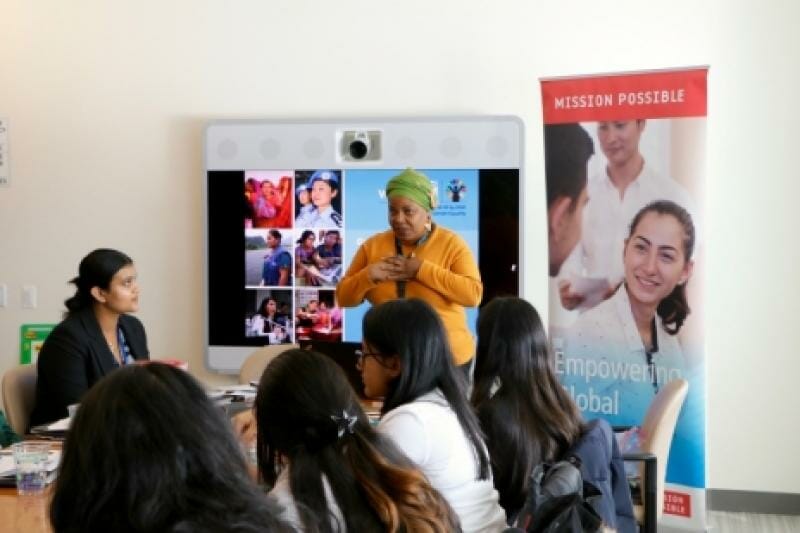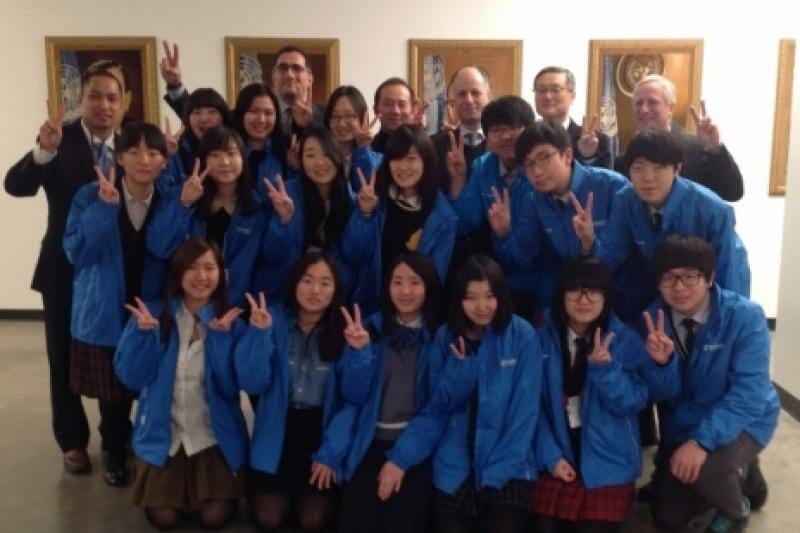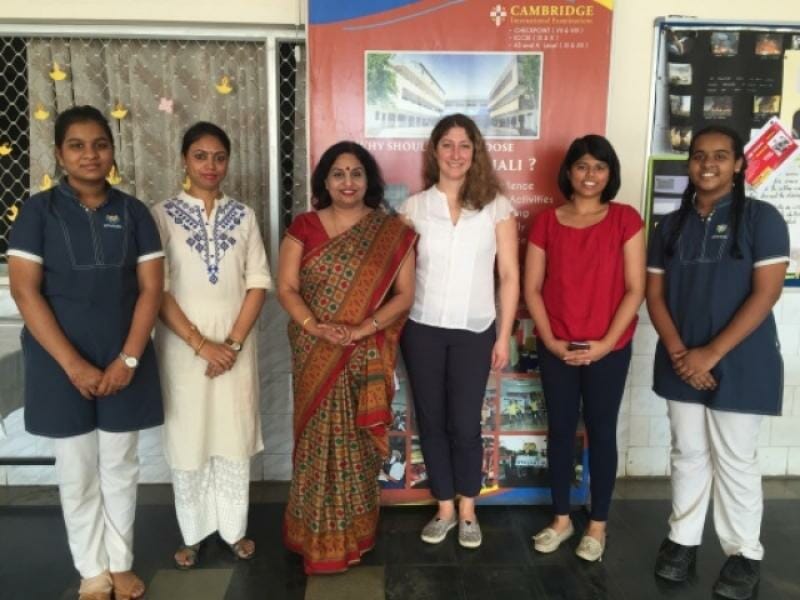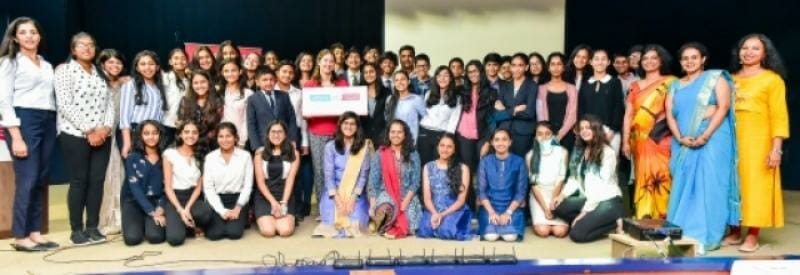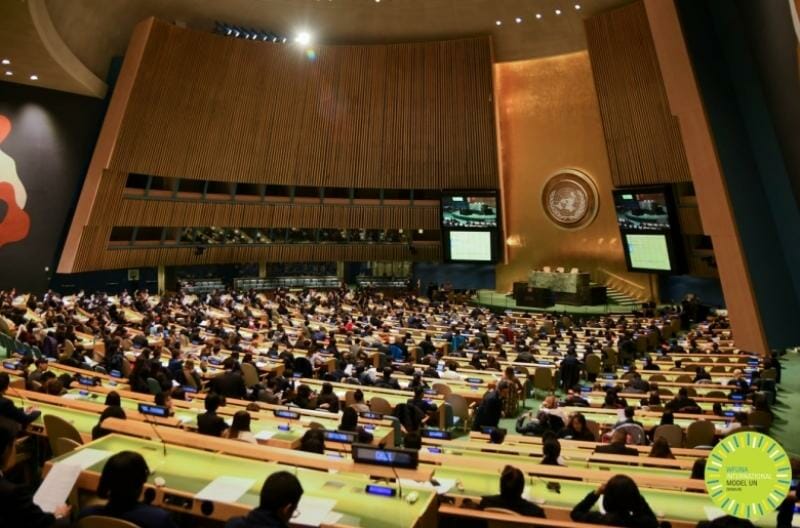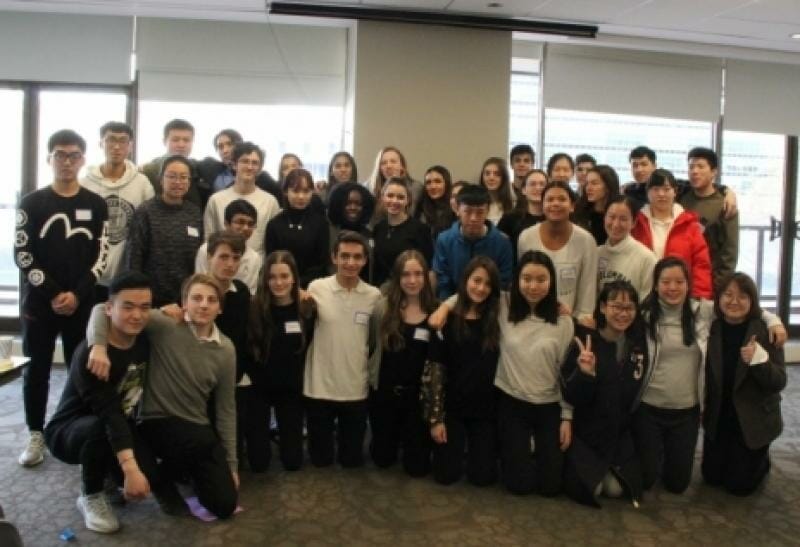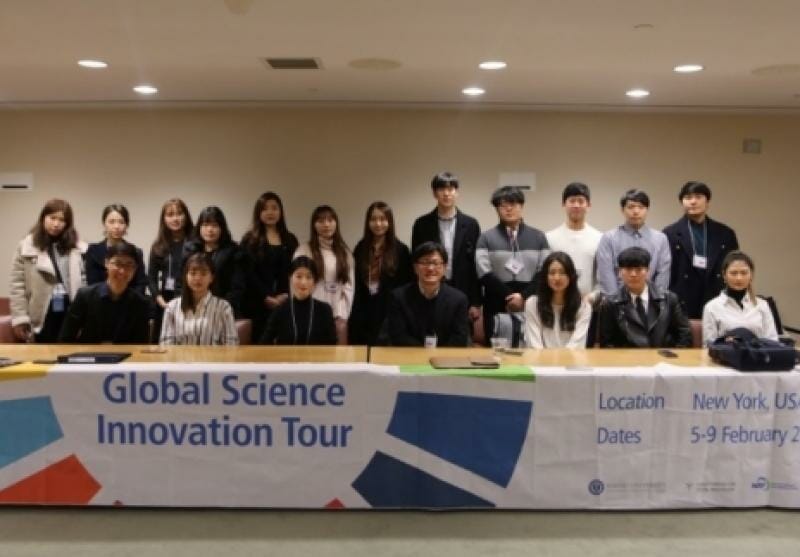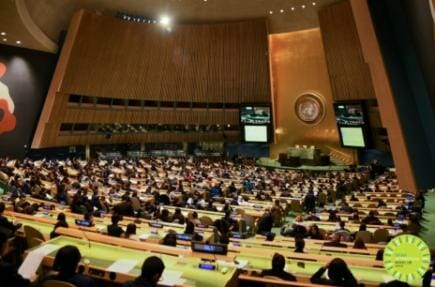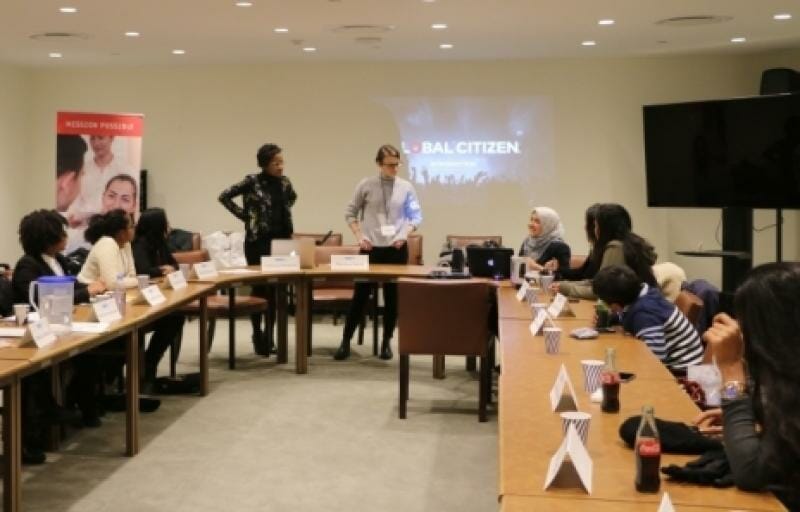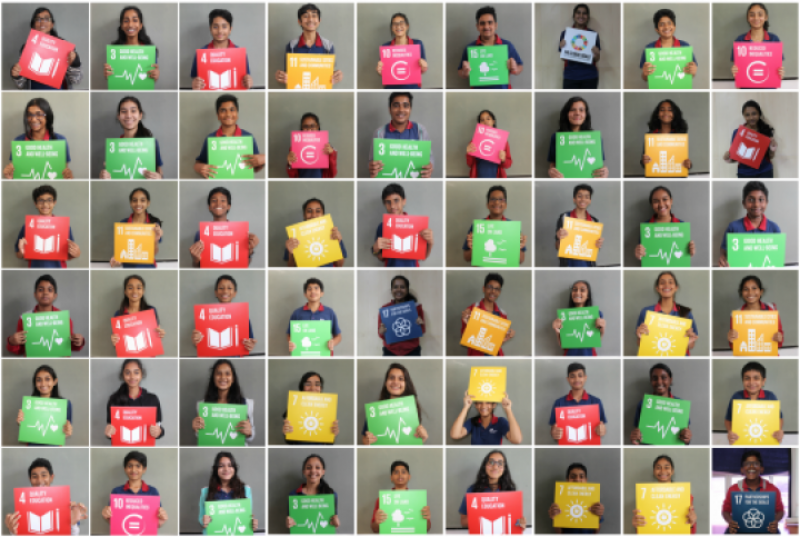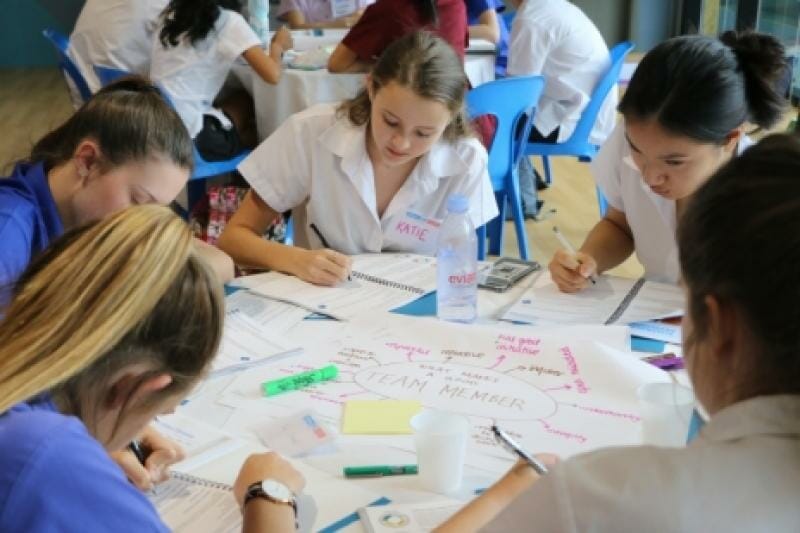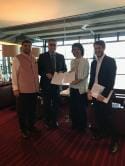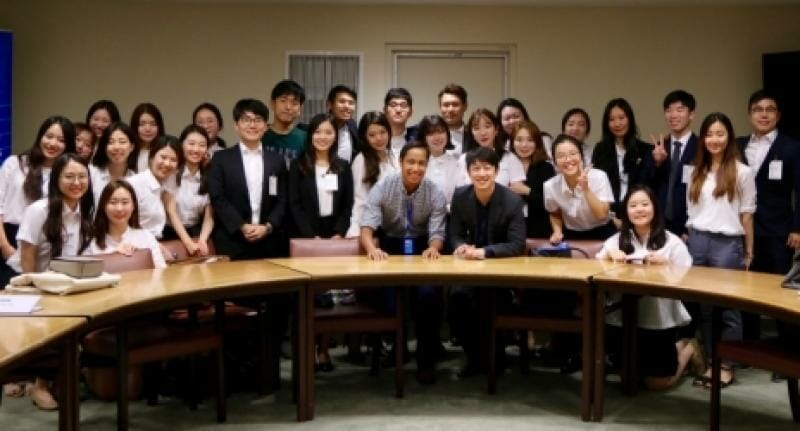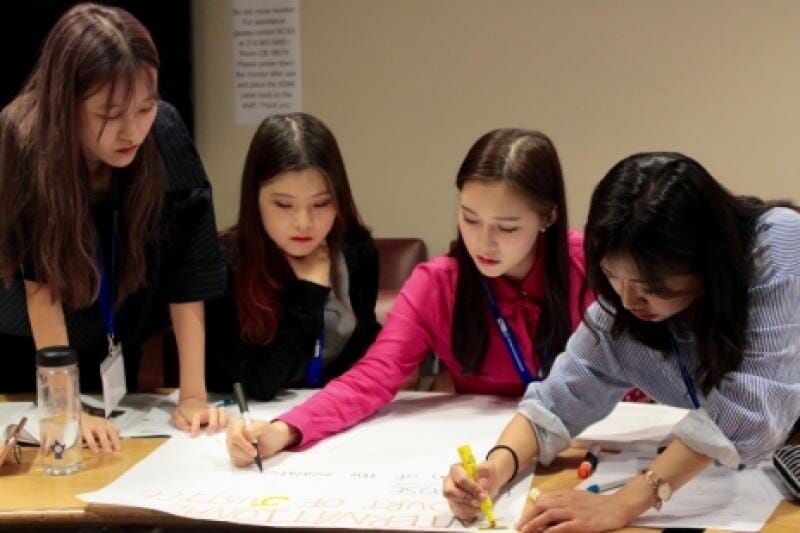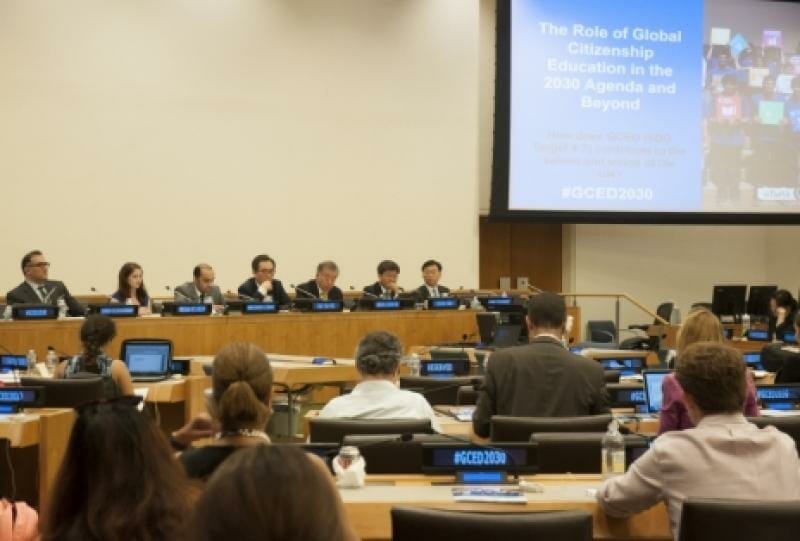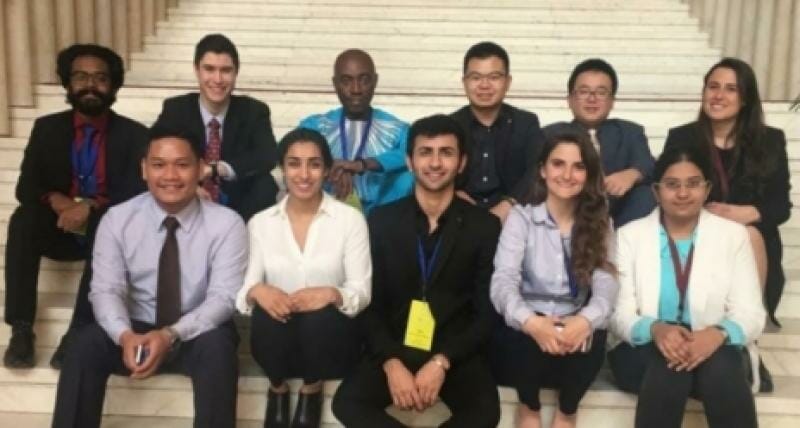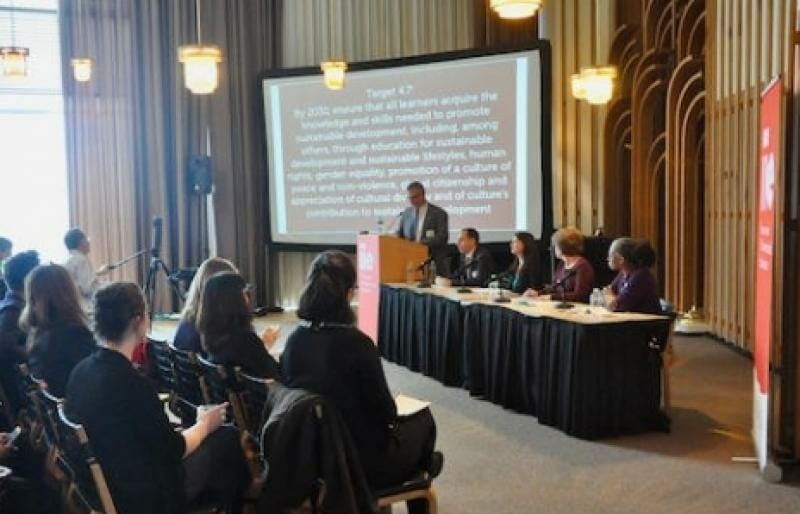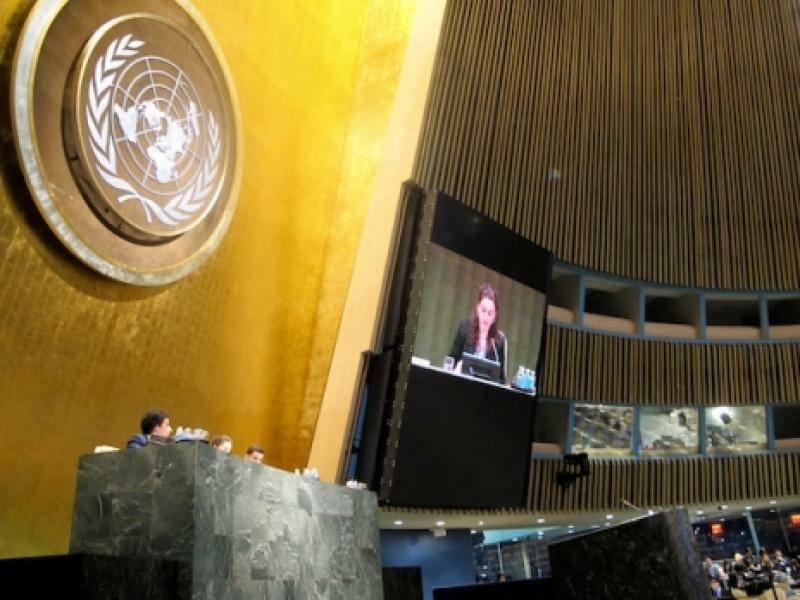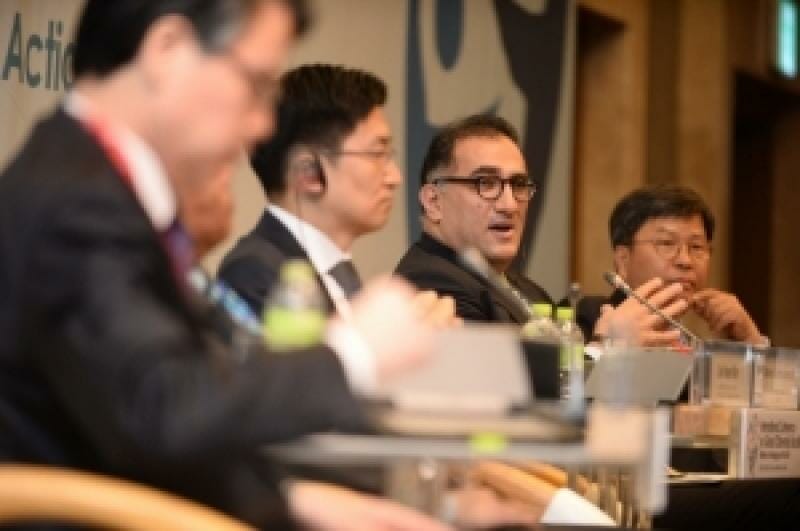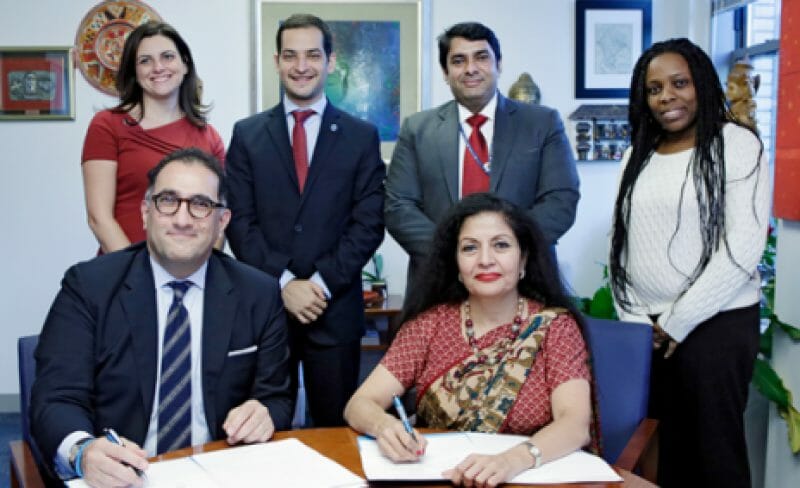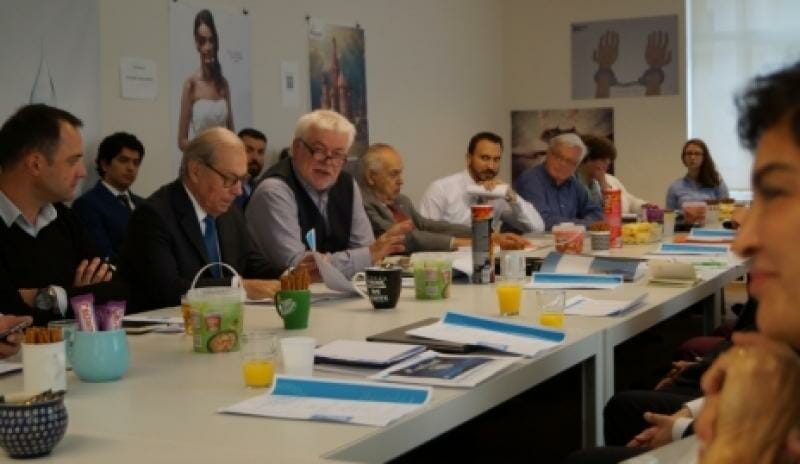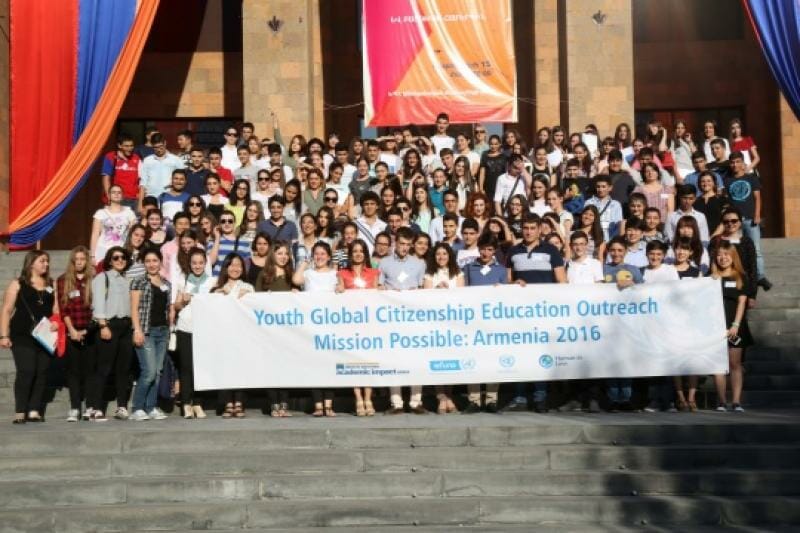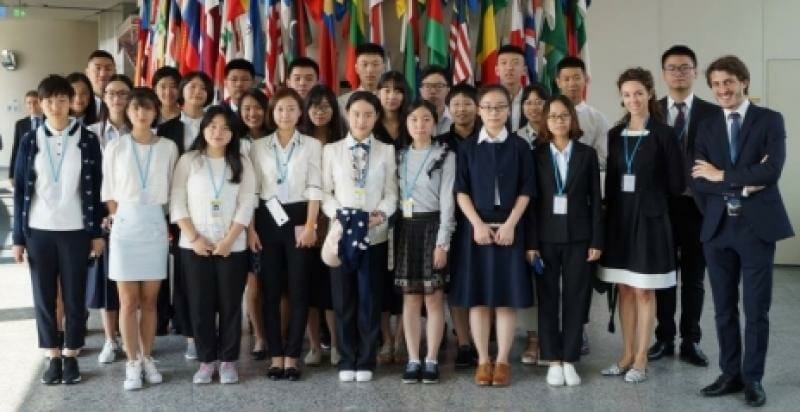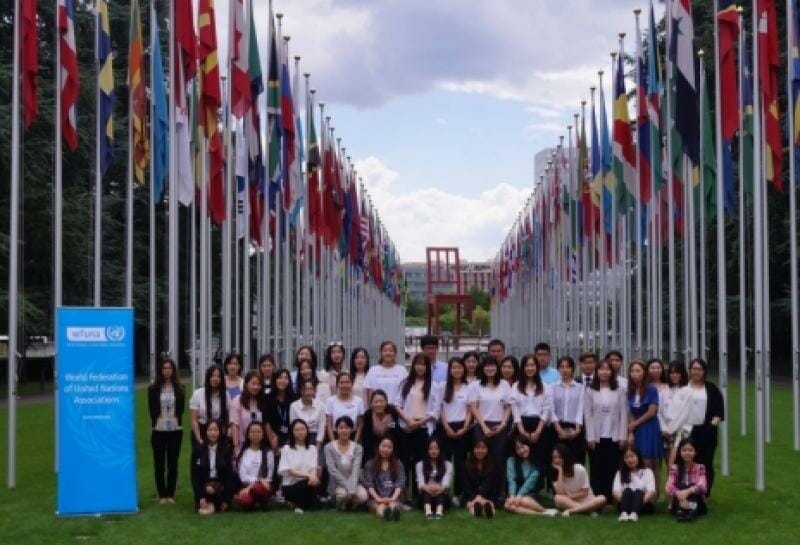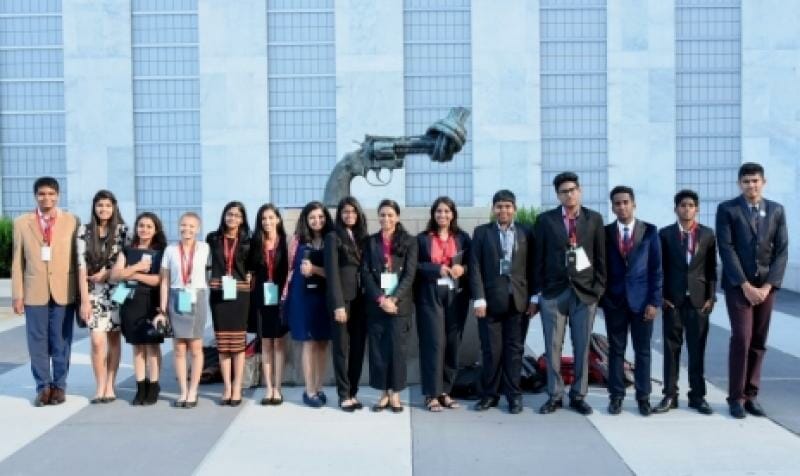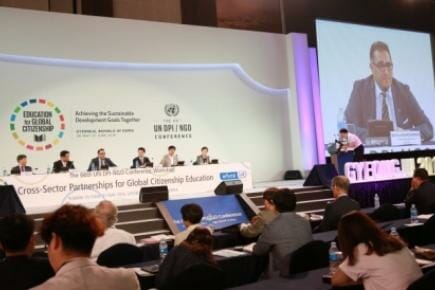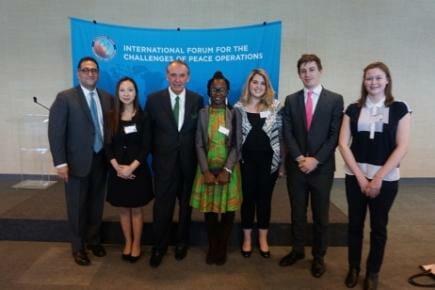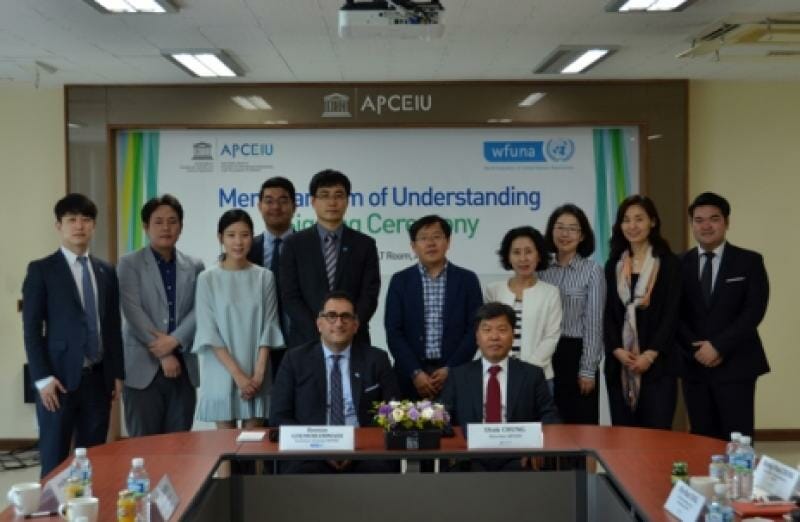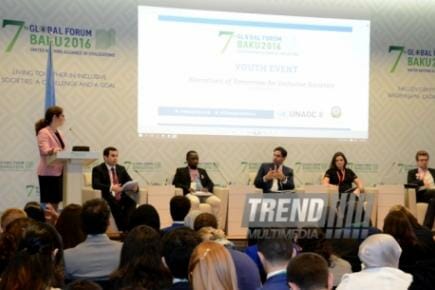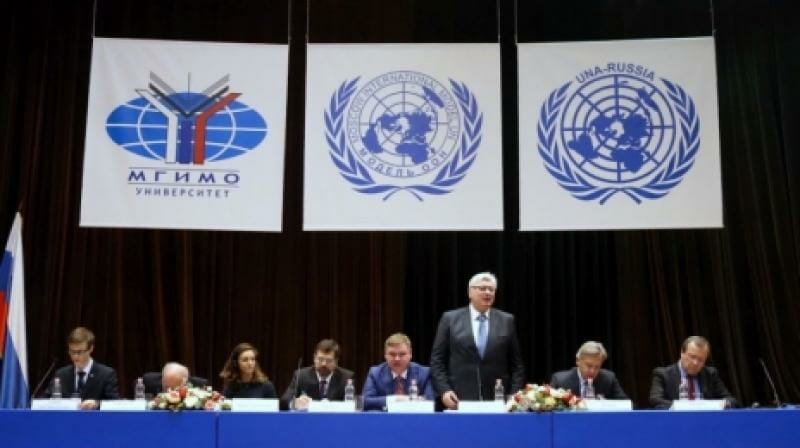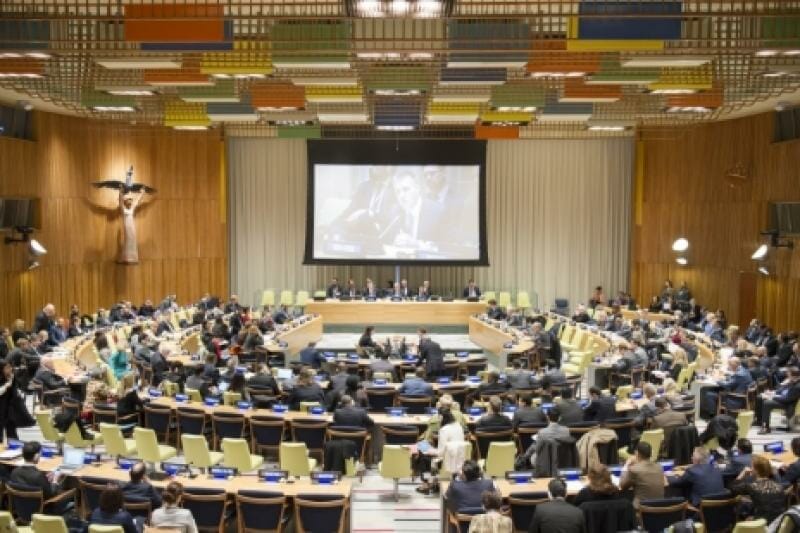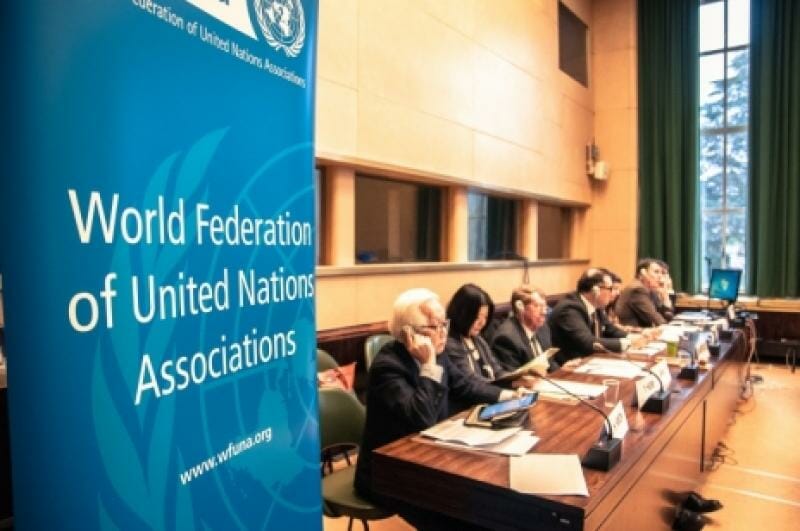WFUNA held its first Dag Hammarskjold Symposium in Nairobi, Kenya on the 7 June 2011 in collaboration with the Embassy of Sweden and the United Nations Information Centre. 20 participants from UNA-Uganda, 15 participants from UNA-Tanzania and over 25 from UNA-Kenya came to participate in the day long Symposium. In addition 5 key civil society organisations and members of the academic community were represented.
The program began with an introduction from the Swedish Embassy, Nairobi on the great contribution of Dag Hammarskjold to conflict prevention, followed by an overview of the R2P norm, its progress to date and its application to the case of Kenya and Libya by WFUNA. Two activities were held where groups identified the challenges and positive aspects of R2P while others tried to convince their government in a role play to fund a R2P awareness raising project they had developed. This generated great discussion as a number of participants, who had not previously heard about the norm, eagerly asked questions and provided their own thoughts on the norm. Participants were particularly disheartened that political will plays a key role in determining the prevention of mass atrocities. When the discussion was directed towards the important role of civil society, in mobilising political will to prevent and halt mass atrocities, a number of recommendations for action within their own community were made. Participants put a strong emphasis on education and awareness raising; included incorporating R2P into their University coursework, holding a Model UN on the topic of R2P and sensitising their own community groups.
In the evening participants were joined by members of the diplomatic and UN community including the UN Resident Coordinator and UNDP Resident representative and a number of ambassadors to hear from a panel on R2P. Representatives from the government of Kenya and Sweden and from international NGO – Global Action to Prevent War expressed their admiration for Dag Hammarskjold while discussing the challenges of trust, fairness, double standards and need for education, democracy, rule of law and equity.
The participants were incredibly interested in the topic requesting more time to engage in the debates and participate in capacity building training on the issue. Despite some concerns with the practical application of R2P, participants were convinced in its importance and understood their role in pushing the R2P forward.


